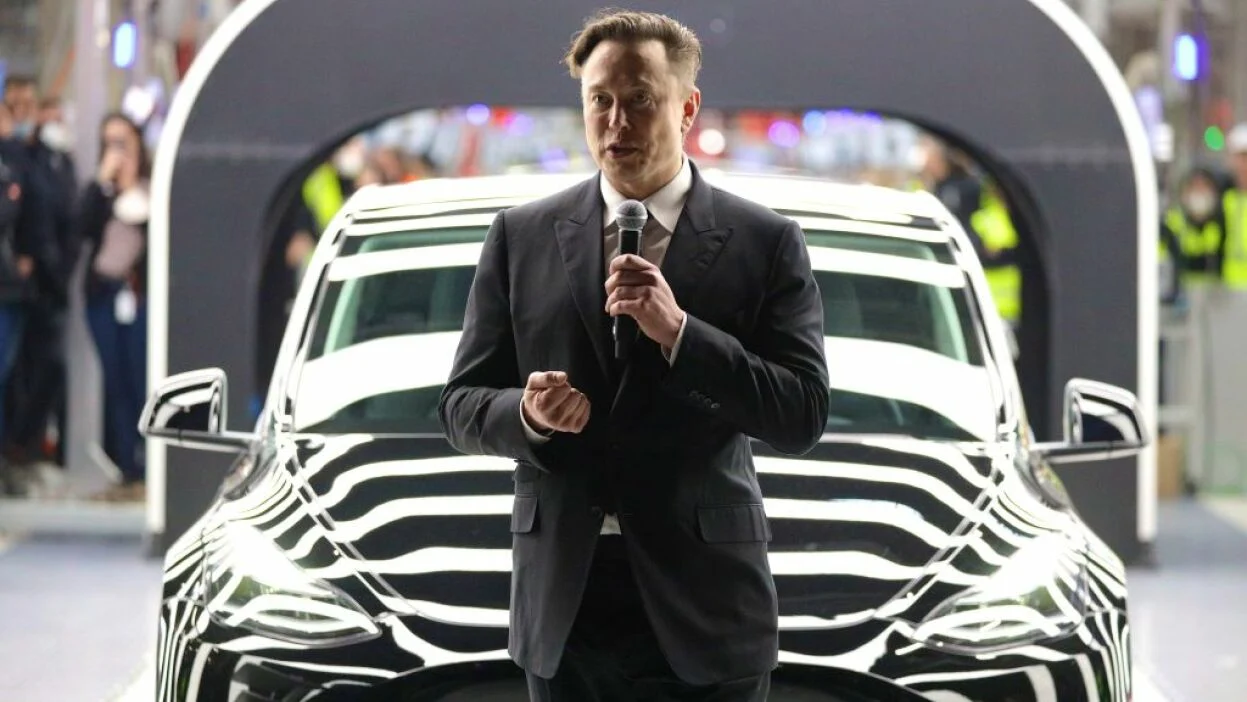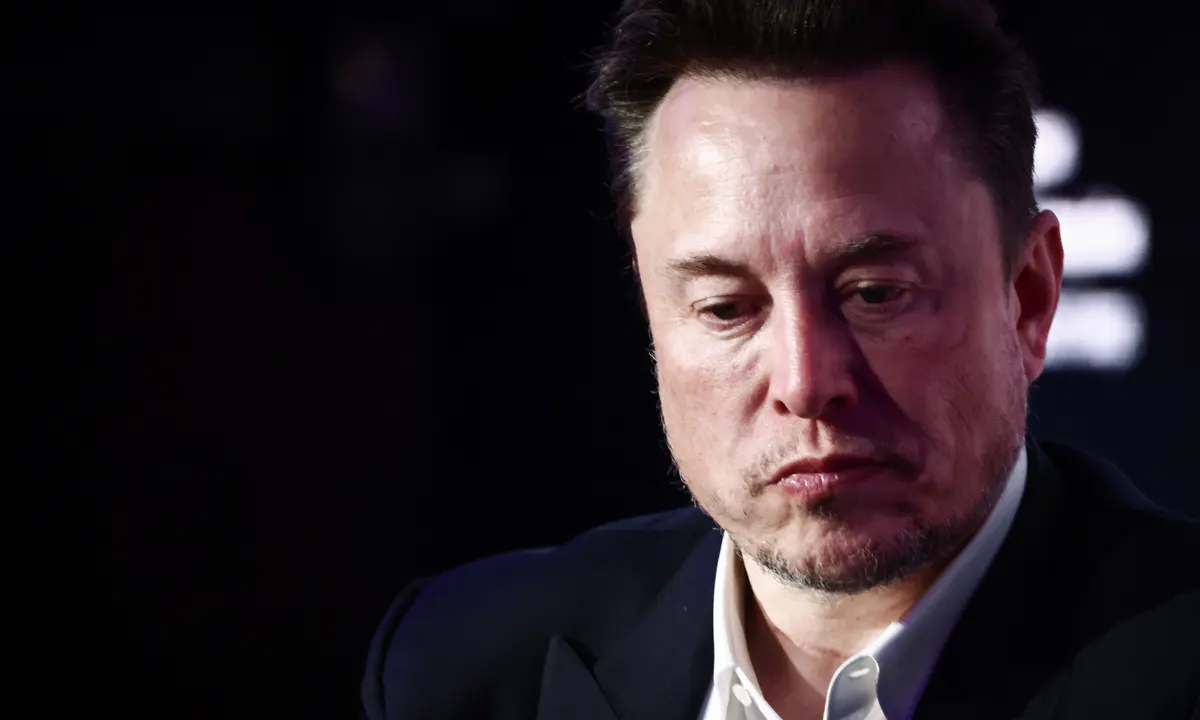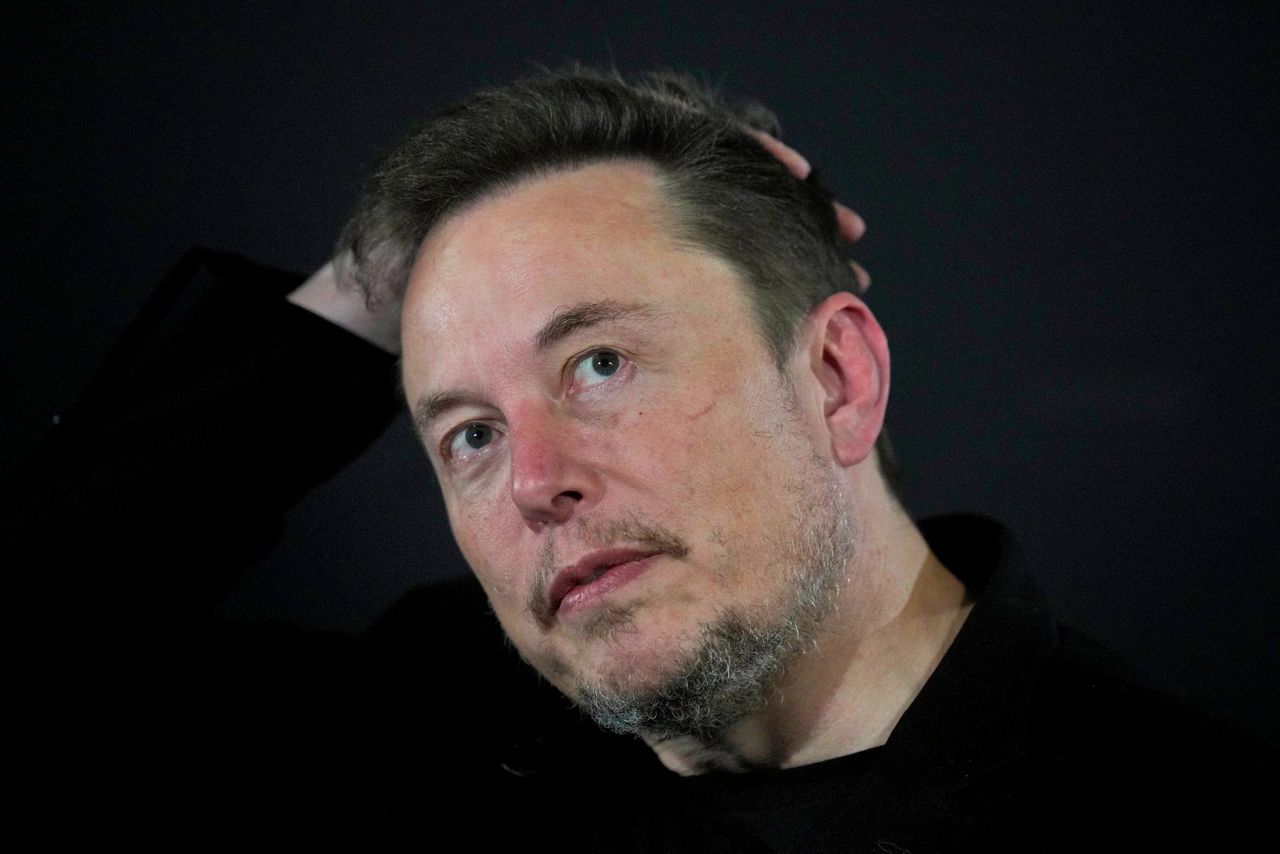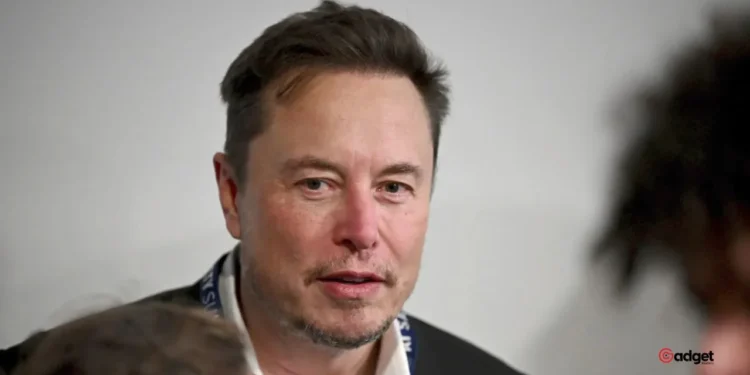Norway’s $1.7 trillion sovereign wealth fund, the largest in the world and a significant stakeholder in Tesla, has declared its intent to vote against CEO Elon Musk’s proposed $56 billion compensation package. This decision adds to the ongoing debate over executive pay scales in major corporations.

The Saga of Musk’s Compensation
Tesla’s board has called upon shareholders to reinstate the mammoth pay package originally approved in 2018 but later voided by a Delaware judge. The judge described the sum as “unfathomable” and criticized the lack of transparency and the ease with which performance targets could be met. Despite these controversies, Tesla continues to urge shareholders to support the package, citing the company’s substantial growth and Musk’s pivotal role in this success.
Details of the Contested Pay Package
The proposed compensation for Musk includes no direct salary or cash bonus but offers stock options tied to significant increases in Tesla’s market value. The package stipulates that Tesla’s valuation must reach as much as $650 billion over a decade, a target closely approaching its current market cap of approximately $571.6 billion.

Global Perspectives on Executive Compensation
The fund’s opposition is part of a broader scrutiny of CEO compensations across the U.S., with Norway’s wealth fund voting against more than half of the pay packages above $20 million last year. They argue these packages do not align with long-term shareholder value. This stance highlights a growing trend among global investors to push for more sustainable and justifiable executive remunerations.
Musk’s Influence and Tesla’s Challenges
“Elon Musk has been pivotal in Tesla’s journey from enduring a $2.2 billion loss in 2018 to achieving a $15 billion profit,” noted Robyn Denholm, Tesla board chair, in a recent Financial Times interview. Under Musk’s leadership, Tesla has seen a sevenfold increase in vehicle production. However, the company is now facing a cooling in consumer interest in electric vehicles, with a noted decline in sales volume for the first time in nearly four years.
Broader Implications for Corporate Governance
This situation underscores the ongoing tension between visionary leadership and corporate governance standards. As stakeholders continue to voice their concerns and call for more robust governance frameworks, the outcome of this vote could set a precedent for how executive compensations are structured and approved in publicly traded companies.

Looking Ahead
As the shareholder vote approaches, the global financial community watches closely. The decision could have far-reaching implications for Tesla’s governance and potentially influence executive compensation debates worldwide.
Tesla Leadership at Crossroads
Tesla’s leadership, under the spotlight for its compensation strategies, finds itself at a crossroads. The upcoming shareholder meeting will not only decide the fate of Musk’s pay but also signal the broader market’s stance on executive compensation amid growing scrutiny from investors and regulators.










